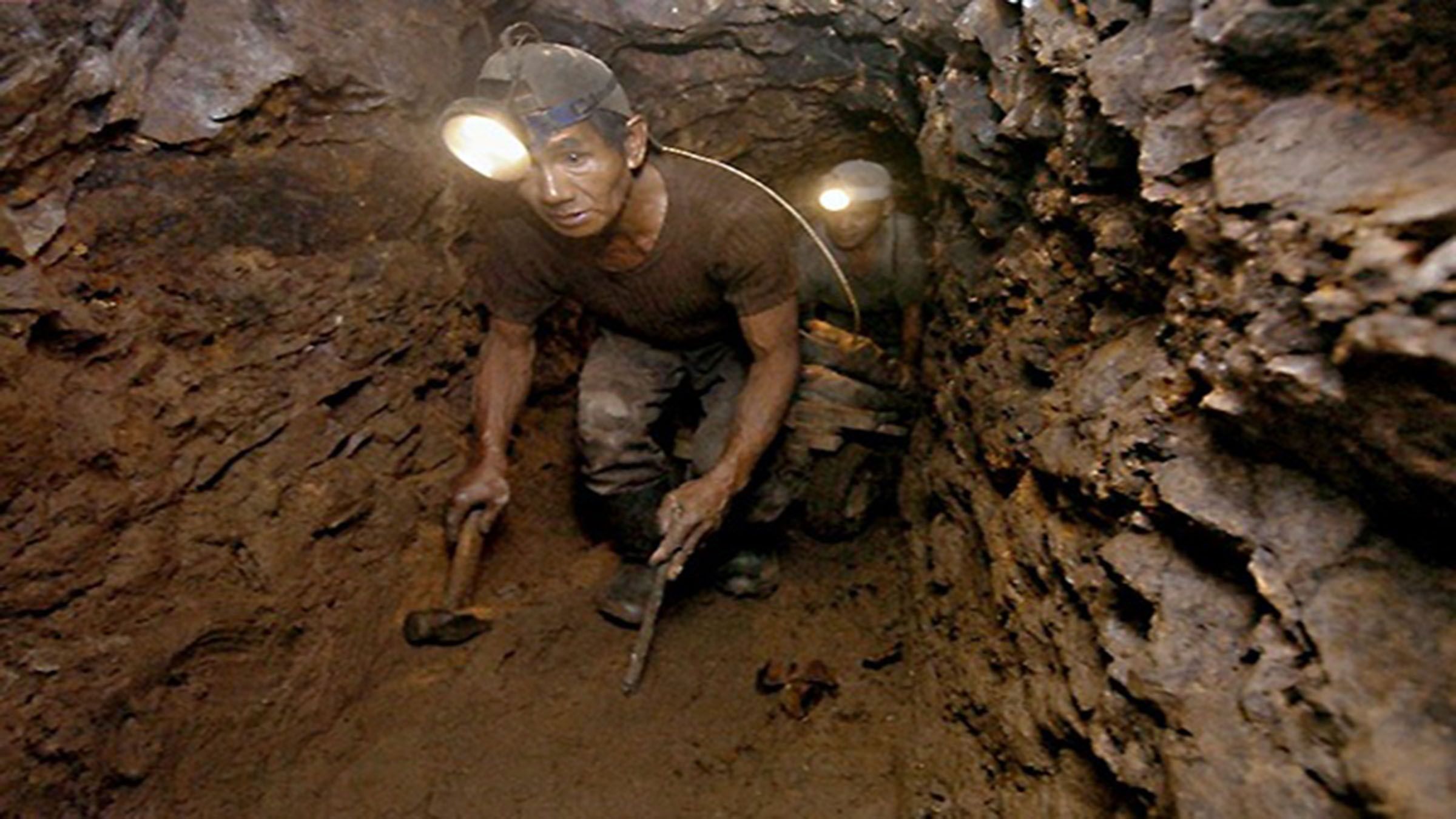Even as the mining sector is delighted by government’s promising pronouncements to revive the industry and make it robust to help in the country’s economic recovery, potential investors are not convinced unless government comes out with “clear cut” policy before it can attract investments in nickel processing.
In a recent virtual presscon, Bernardita A. Mathay, Trade and Industry Special Trade Representative for the Philippine Trade and Investment Center said none of the Japanese firms have expressed interest to go into nickel processing, noting that “the sequence should be: we have to have a clear-cut mining policy for these people to come in.”
Mathay revealed that five years ago, DTI had already identified firms that should be working with them to process metals into batteries.
These are “companies like Panasonic and those who accept processed nickel products to further input that into production of the battery,” Mathay said.
“So, we’re just hoping that some of these people will come in and be brought in after we have a very clear-cut policy that we announce from the relevant authorities. So right now, nobody has expressed any interest,” Mathay noted.
Asked on the specific policy requirement, she said the industry they want to see that all investors want to see if all, not just ore, will be used and that technology to be used in the processing of ore for batteries for the anticipated “high demand” for electric vehicles should be included.
Mathay reported that DTI aims to stop direct sales of ore as it is a “depletable” source. Instead, she said, they only encourage new entrants that will invest in processing ore into high value-added products, which apply to nickel and copper, among others, so the country will move up the value chain.
In January, DTI Secretary Federico Pascual said the Philippines can be a “vital partner” for the critical minerals such as nickel and copper, among others, not only as an exporter of raw ores but as a processor and producer of semi-finished and finished products. But these minerals can be used for downstream industries like EV battery manufacturing, hyperscale data centers and renewable energy projects, patterned after Indonesia
Recent pronouncements of government regulators under the Marcos administration recognize mining as a potential source of sustained economic growth, says Chamber of Mines Chairman Michael Toledo.
He noted that Secretaries Pascual and (DoF Secretary Benjamin) Diokno in particular underscored the benefit of mobilizing investments for mine development.
Toledo said the Philippine Mining Act of 1995 is considered by many industry experts to be one of the most advanced mining laws in the world.
He said the industry supports (DENR) Secretary Maria Antonio Yulo- Loyzaga’s initiatives to consult various stakeholders, including mining, as part of her efforts to achieve the sustainable use of the country’s natural wealth.
For downstream processing to be economically viable, however, the right kind of investors who will be willing to put up extremely expensive facilities to process the type of mineral ores that we have is needed.
“Our investment environment, therefore, should be attractive and competitive—comparable with, Indonesia.
Anti-mining (ATM) groups endorse the idea of increasing the benefits from mining by discouraging the wholesale export of raw minerals, said Jaybee Garganera, national coordinator of ATM.
He counsels the government to ensure that such a track does not remain myopic and imbalanced in its long-term goal to make minerals play a key role in the country’s industrialization while complying with the rigorous framework of sustainable development.

